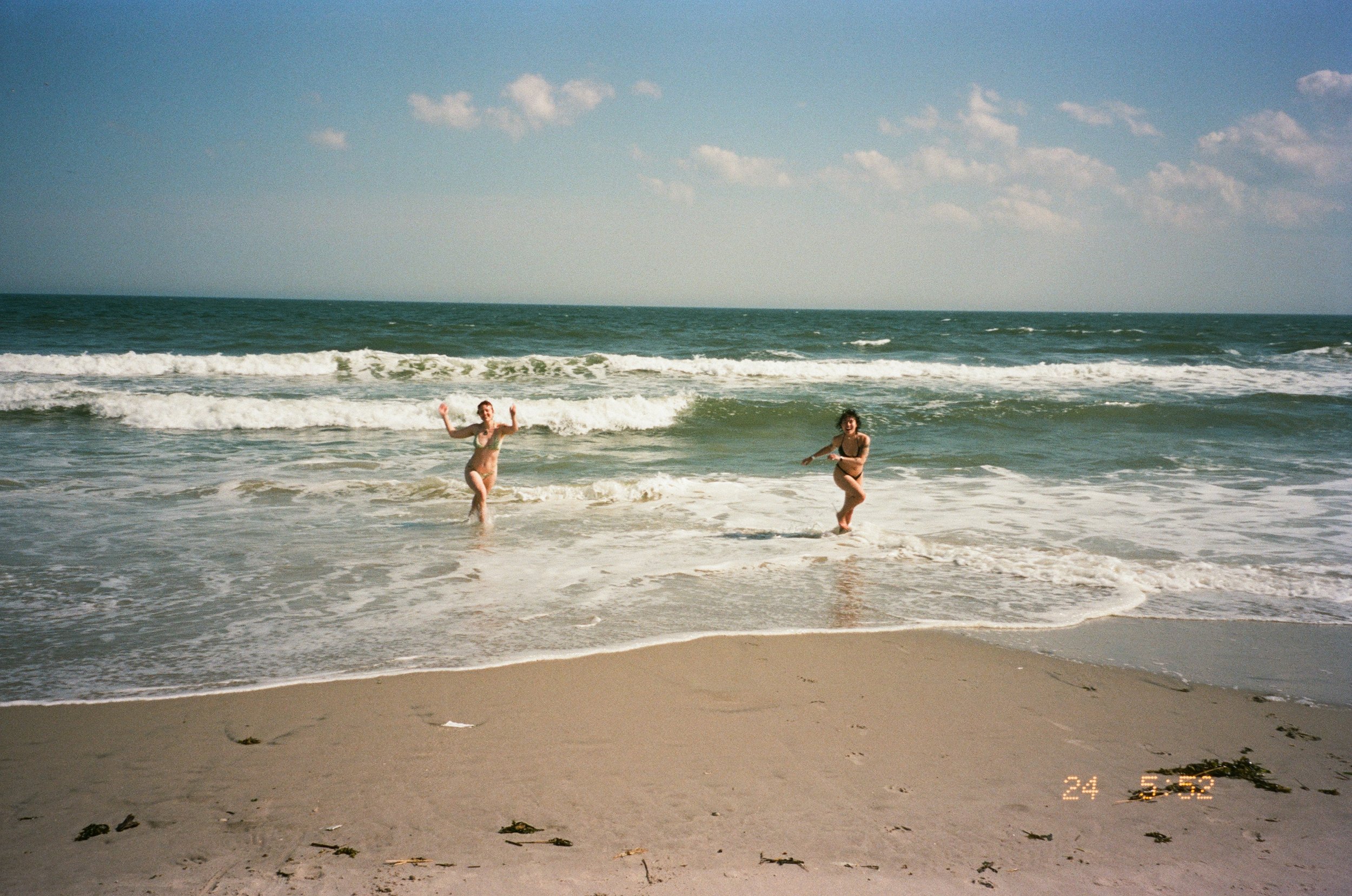How to Eradicate the Thirteen-Year-Old Girl
Photo by Selena Yi
By Isabella Acuña
The crime of the thirteen year old girl is that she will always feel inferior. Much like a leech or a tapeworm, the thirteen year old girl weaves herself into the woman until their threads are indistinguishable from each other in the indecipherably woven tapestry called her body. The thirteen year old girl’s voice is immovable. She is the radio static that underscores each imperfect word that fumbles out of the woman’s mouth. She colors the honey of the woman’s voice with dirt; the uneven terrain of her uncertainty stains the woman’s speech. The thirteen year old girl is the shadow within her shadow, the dark lines under her eyes that carve themselves deeper with every uneasy night’s rest. The woman—undefined, undefinable, endlessly clichéd, cornered, challenged, exoticised, hungry, constantly fraught with the electricity of her unfathomable potential surging just beneath the surface of her warm skin as if it were a red hot cyst—hunts for the return of the self before the thirteen year old girl silently started feeding on the inside wall of the woman’s sweet animal meat. She is more often than not unsuccessful, and the thirteen year old girl loathes her for it.
The thirteen year old girl wants so badly to be a woman that she stays with her into adulthood, unaware that her true desire is to be set free. Stuck in the sour, adolescent cocktail of impenetrable loneliness, despair, and sweat, she tries to liberate herself by forcing herself to be a woman too early. She tries on whatever she naively deems suitable for the woman she wishes to one day become—whether that be sex, cigarettes, or a put-on maturity—and in her failure at these things, she remains stuck in the stagnating mud of her age longer than other women. She watches from behind a glass shield as her body transforms into a thing formidably foreign, hairy, pillowy, and beautiful, but she is unable to claim it as her own because the worst parts of her remain lingering within the burgeoning woman. They knock her off balance the moment she thinks she’s firmly latched herself into her harness, and she finds herself quickly, uncontrollably tumbling into the abyss below, every time back into the cavern of the thirteen year old girl. At the start of each fresh day, she prepares her claws to continue the climb with the blue knowledge that she will inevitably be pushed off course again, whether it be tomorrow or five years from this very moment. That is the difference between the woman and the thirteen year old girl: the woman will keep climbing, despite the sickness she’s inherited known as the thirteen year old girl. Womanhood is a practice of constant rehabilitation for those of us inflicted with the same pesky condition.
What is unacknowledged about the thirteen year old girl within us is her undeniable power. Whether desired or not, she will forcibly make herself present to us, bubbling up in a boiling heat only the woman experiencing it can feel. She grips tightly onto the erotic power Audre Lorde writes about, the feminine sixth sense of inherited, intangible knowledge, and she provides it to us on a silver platter. If we learn to listen to her, we might be able to harness said power. For all the shadows she may lay upon us, the thirteen year old girl is, in essence, just the lingering memory of our deepest fears that were supposed to have been whittled down by maturity. She is our most precious and untouchable desires—those most vulnerable ones of loving and being loved, admiration, belonging—and she delivers them to us through the only mode she knows at her fragile age: through erratic force. The thirteen year old girl is scared of herself because she cannot stop herself from letting spill her sharpest thoughts onto the woman, and thus the woman is scared of what the thirteen year old girl she once was has become. She is a vessel for an unfulfilled self, and the woman is granted the heavy duty of fulfilling that self, of relieving the thirteen year old girl of her constant burden of feeling incomplete, and finding home in the very body she once so easily called a prison.
The answer to alleviating the incessant pain of the thirteen year old girl—the self-loathing, the inexplicable timidity, the fear that the future is nothing but black—is not to extract her from our being. On the contrary, the answer is to listen to her with an ear so gentle that her fears lose their color. Their edges fade into soft and permeable skin, not so daunting but in fact tangible, in her hands, in her control, so that a fear as abysmal as “Love will never find me” can easily be molded into “Love will find me when it chooses” with just the kind touch of her boney fingers. They are no longer shadows looming over both of us, but rather, opportunities to hold a mirror to the void and realize it was empty the whole time. The only thing creating and destroying it was us, the thirteen year old girl, and the world that mistakenly told her to stay put within the woman, that we would need her later to save us from the danger of being whole.

